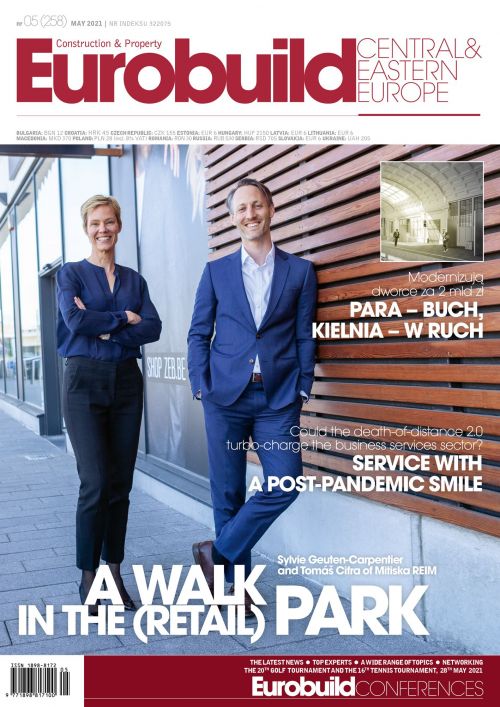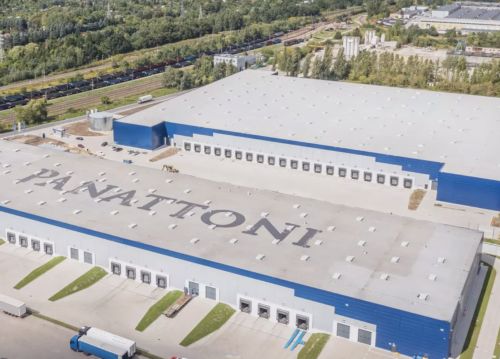The ‘Smart buildings: Driving Value in the New Normal’ report by Siemens Financial Services estimates the potential cost of modernising buildings for 14 countries, including Poland. For real estate to meet the highest international standards (as set by the Global Alliance for Buildings and Construction 2020–2040), by 2040 Poland needs to invest around EUR 13.4 bln in building technology in both the public and private sector. Most of this expenditure will be needed to improve the energy efficiency of buildings as well as their health and safety aspects, but the changing face of office work will also require additional investment. The pandemic has set businesses new challenges, and so the commercial and industrial real estate markets will have to come up with the right response. Intelligent buildings could provide the solution that they are looking for.
Adam Targowski, Skanska’s sustainable development director for the CEE region, believes that the pandemic was n





























































